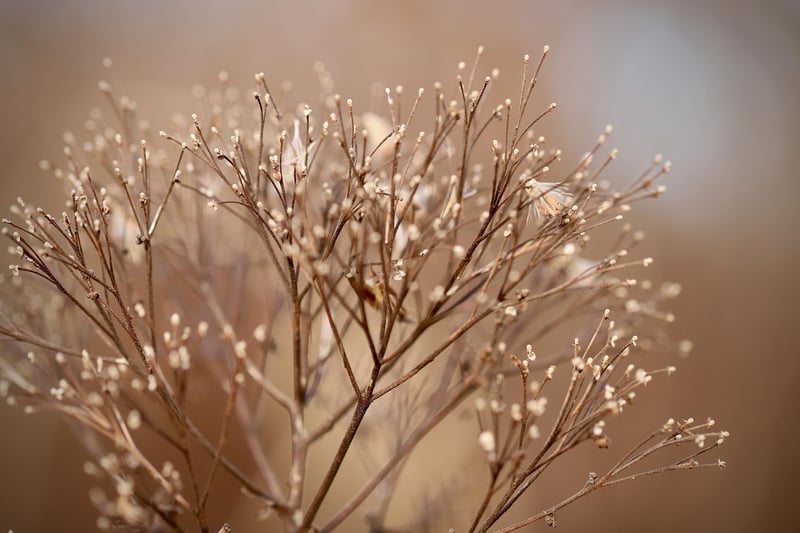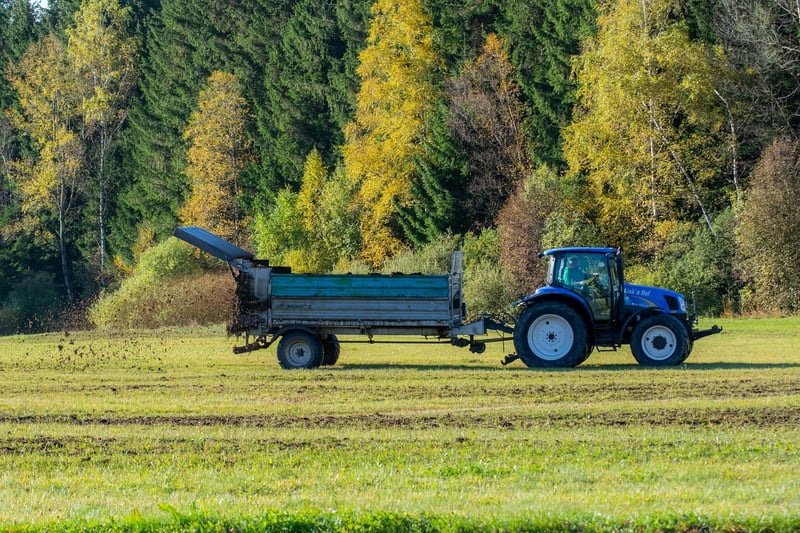Fertilizing Techniques
Ensuring Healthy Growth for Your Plants + Fertilizing Techniques

The Importance of Proper Plant Nutrition
Plants, like any living organism, require proper nutrition to thrive. Ensuring that your plants receive adequate nutrients is essential for healthy growth, vibrant blooms, and high yields.
Choosing the Right Fertilizer
There are various types of fertilizers available, each catering to specific plant needs. From organic to synthetic fertilizers, it's crucial to select the right one based on your plant type and growth stage.
Organic Fertilizers
Organic fertilizers are derived from natural sources and provide a slow release of nutrients, promoting long-term soil health. Examples include compost, manure, and bone meal.
Synthetic Fertilizers
Synthetic fertilizers are chemical-based and offer a quick nutrient boost to plants. They are often formulated with specific ratios of nitrogen, phosphorus, and potassium (NPK) to meet plant requirements.
Best Practices for Fertilizing
- Follow instructions: Always read and adhere to the instructions provided on the fertilizer packaging.
- Timing is key: Apply fertilizers during the plant's active growth phase for optimal absorption.
- Avoid over-fertilizing: Excessive nutrients can harm plants, so apply fertilizers in moderation.
- Water after fertilizing: Watering your plants after applying fertilizer helps in nutrient absorption.
DIY Fertilizer Recipes
For those looking to go the natural route, DIY fertilizers can be a great option. Common ingredients like banana peels, eggshells, and coffee grounds can be used to create nutrient-rich fertilizers for your plants.
Conclusion
By understanding the importance of plant nutrition and implementing proper fertilizing techniques, you can ensure healthy growth and bountiful harvests for your plants. Remember to choose the right fertilizer, follow best practices, and consider DIY options for a more sustainable approach to plant care.

References: University of Minnesota Extension - Fertilizing Garden Soil
